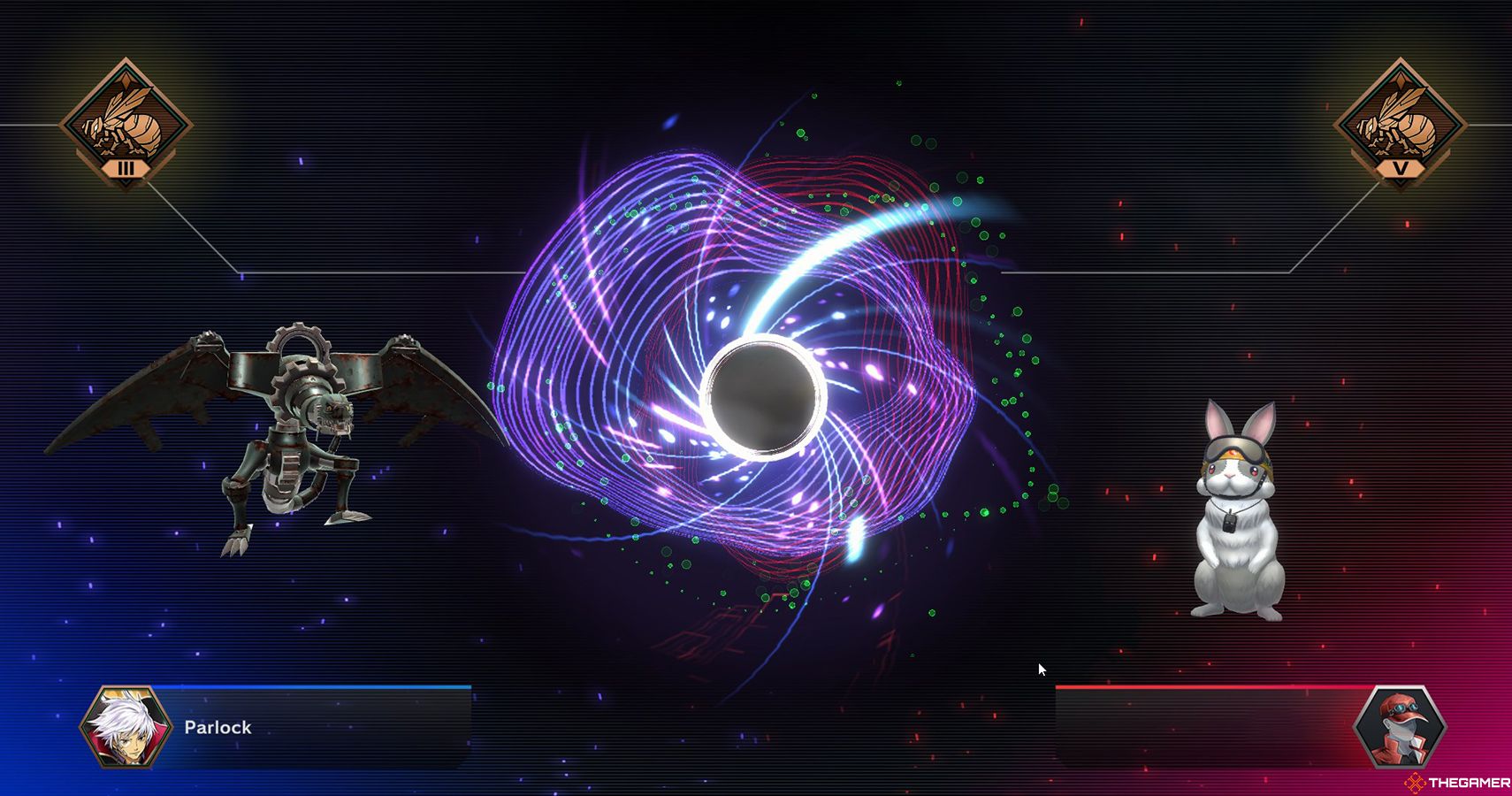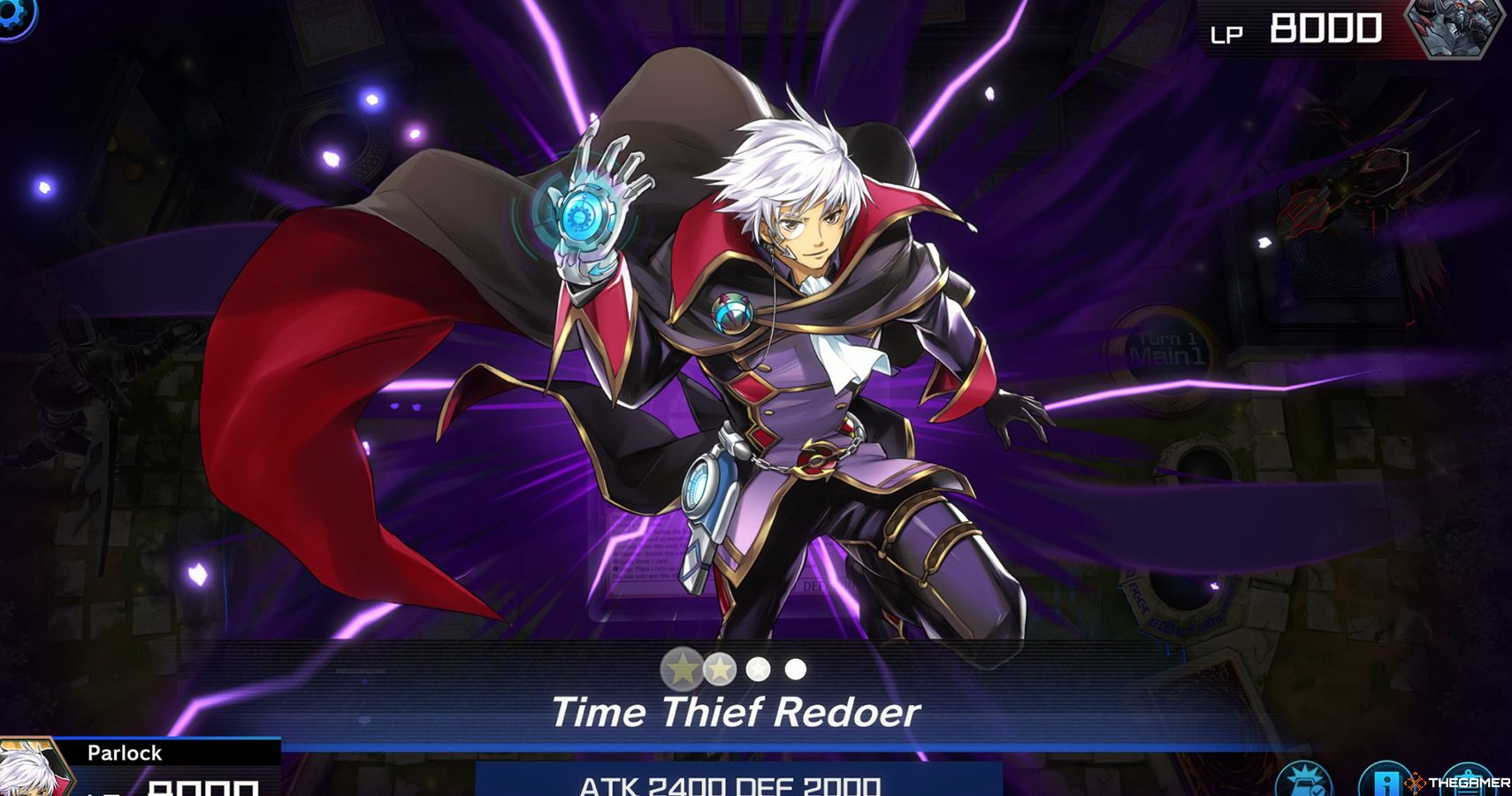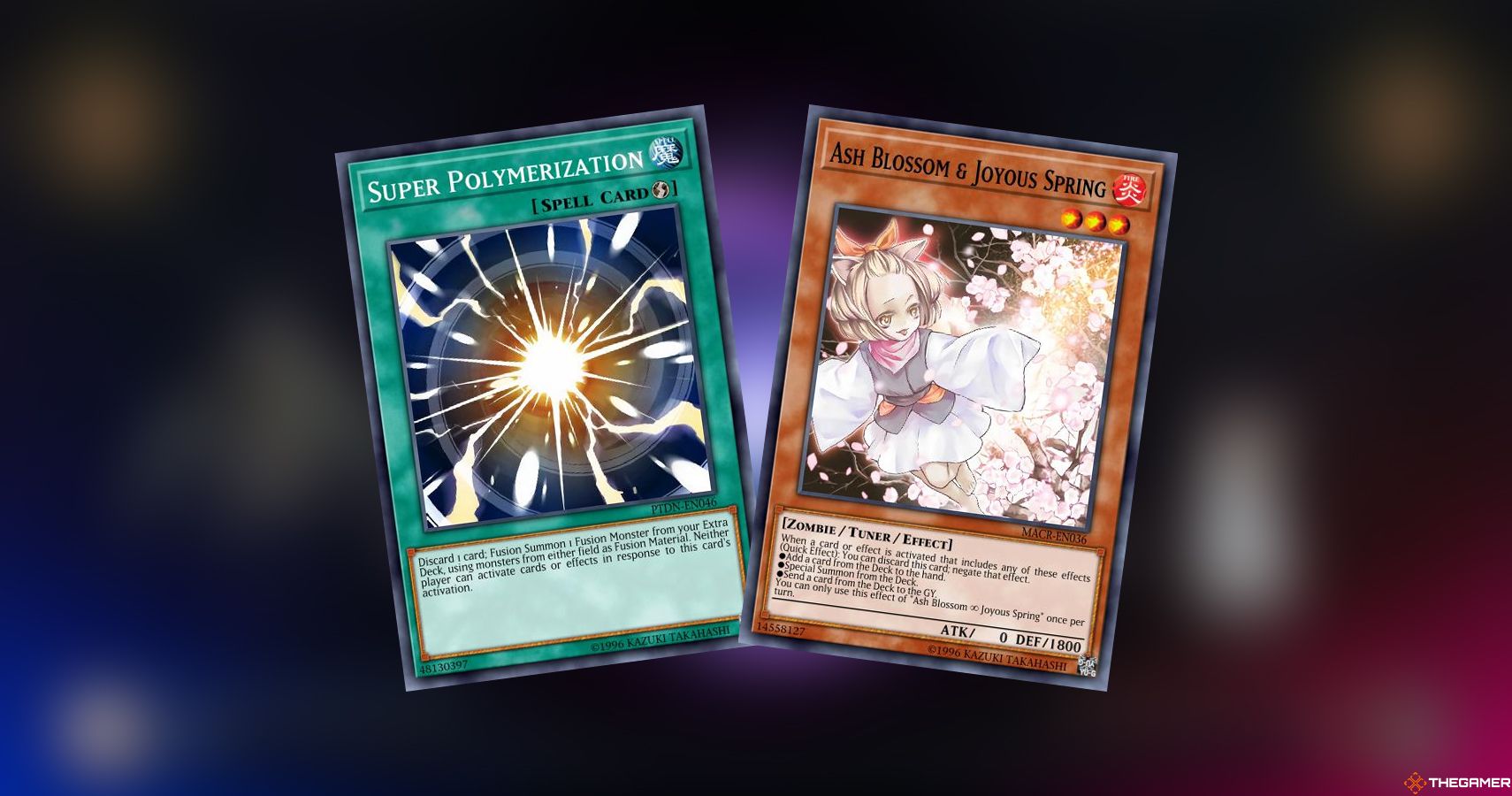Yu-Gi-Oh! Master Duel is an excellent way to learn the Yu-Gi-Oh! TCG. It has full tutorials to explain every mechanic and even has enough solo play to keep those wary of online modes happy. But there is one thing it doesn't teach you: is it better to choose to go first or second?
Being faced with that coin flip before a game can be daunting, but there is an answer to whether it's better to go first or second in Yu-Gi-Oh! Master Duel.
The Coin Flip
Before a duel, you and your opponent will take part in a coin flip to decide who goes first.
More specifically, the coin flip decides who gets to decide who goes first. If the coin lands on heads, you've won the flop and get to choose to go either first or second. If your opponent wins (it lands of tales), they get to instead.
Note that in a lot of the story duel missions, the game decides the outcome for you. Usually, the AI will go first in this situation, but they'll do nothing and pass the turn to you more often than not.
The big difference between going first and second is that the first player skips the Draw Step and Battle Step of their first turn. The first player can summon monsters, set traps and play spells just like always, but they can't attack with any monster they summon straight away. The player who goes second, however, can.
Going First
In the vast majority of cases, choosing to go first is best. Not being able to attack straight away may seem like a big weakness of going first, as you're just leaving your monster open to be destroyed in your opponent's Battle Step.
Except is one massive reason why going first is best: your opponent can't really stop you. Your opponent hasn't played any traps, nor do they have any effects that can slow you down. The only things you need to worry about are hand traps – cards that have effects when played straight from the hand. Otherwise, you're free to summon monsters, set traps, and play spells unhindered.
Even without attacking that turn, having the freedom to do what you want without your opponent getting in the way is huge. For example, a Time Thief deck can easily flood the board with monsters with cards like Time Thief Regulator and Time Thief Adjuster. They can then Xyz Summon huge monsters like Time Thief Double Barrel and Time Thief Redoer, all while setting enough spells like Time Thief Hack and Time Thief Retrograde to protect them on the next turn. Being able to do this without your opponent getting in the way is really important, as one well-timed negation can throw the deck off completely.
It may not feel like much at first, but that safety in setting up your board state can tip the balance in your favour very, very quickly. That being said, there are some reasons why you may opt to go second instead.
Going Second
The player who goes second essentially gets a complete, normal turn. They draw at the start, and they get a Battle Step. This is to help balance the fact they could be going up against a fully-established opponent.
Though going first is usually the better choice, there are some key benefits to going second to keep in mind.
First, information. Your opponent has likely given away what their deck does by the start of your turn, and you can adjust your strategy to work around it. On the other hand, your opponent still has no idea what you're playing, and is just hoping you can't break their board too quickly.
The second benefit is that card draw. Going second gives you an immediate hand advantage over your opponent, who didn't get to draw at the start of their turn. This means you have more answers to what your opponent plays, more opening plays of your own, and even the chance to find that last bit of a combo that you need.
Speaking of combos, one-turn wins are another big reason why going second is preferable for some decks. While going first lets you build a huge board presence, only finely-tuned decks could use it to win. Meanwhile, some decks that go second can easily gather what they need to win in a single turn. Lots of decks also use their opponent's resources to their advantage, which, of course, works better when they have those resources out already. This is why entire archetypes are built around going second, like Dinosaurs and Cyber Dragons.
In other words, treat going first as the default. Though there are lots of valid reasons to go second, they tend to be for certain deck archetypes tailored explicitly for it.
Source: Read Full Article


